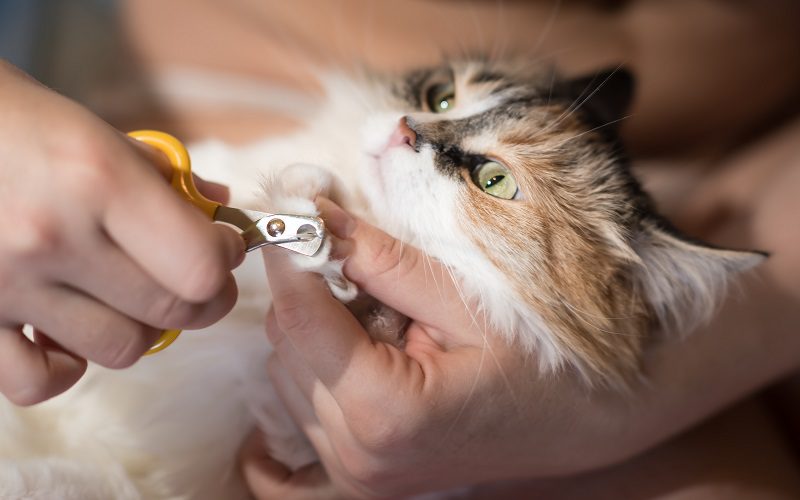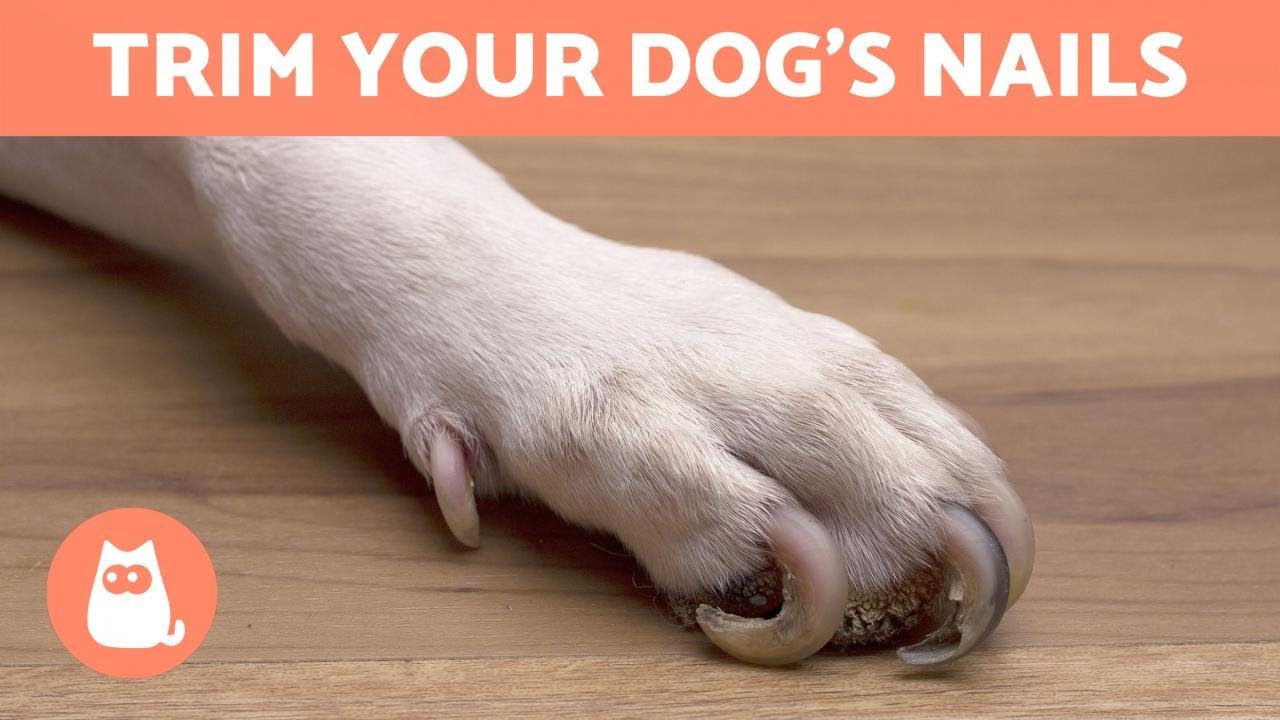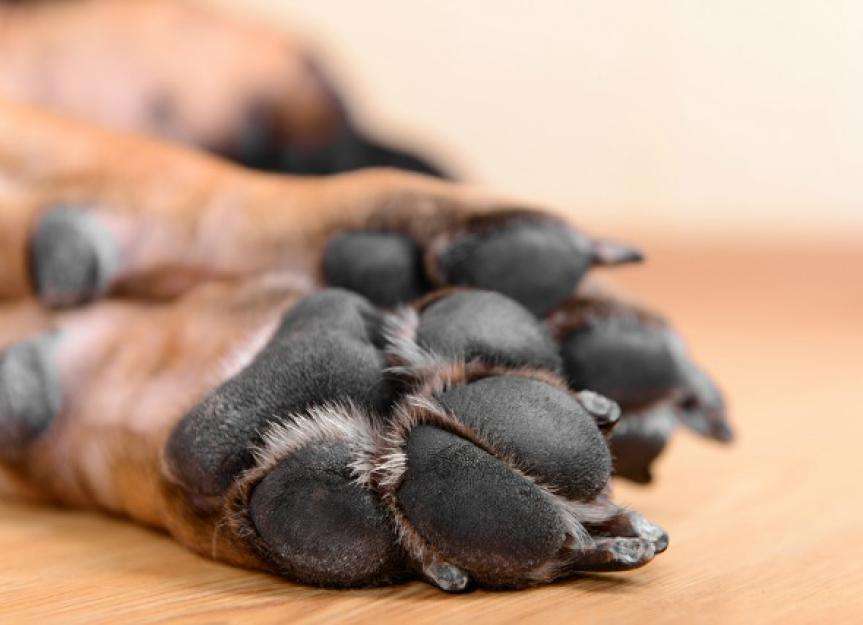Key Takeaways:
- Cane Corsos are large and powerful dogs, known for their muscular build and imposing appearance.
- They are extremely loyal and protective of their families, making them excellent guard dogs.
- Cane Corsos require consistent training and socialization from an early age to prevent behavioral issues.
- Regular exercise is crucial for this breed to prevent boredom and maintain their physical health.
- Proper grooming, including regular brushing and nail trimming, is necessary to keep their coat and nails in good condition.
Are you a dog lover looking for the perfect companion? Look no further than the majestic Cane Corso! This incredible breed has captivating characteristics that make them stand out from the pack. From their loyal and protective nature to their impressive intelligence, there are so many reasons why understanding this amazing breed is essential for any dog enthusiast. Whether you're considering adding a Cane Corso to your family or simply want to learn more about these fascinating creatures, this article will provide you with all the information you need to care for and appreciate this remarkable breed. So get ready to embark on a journey into the world of Cane Corsos and discover why they are truly one of a kind!
What is a Cane Corso and what are its characteristics?
The Cane Corso: A Powerful and Noble Breed
The Cane Corso is a magnificent and powerful breed of dog that originated in Italy. Known for their muscular build and imposing presence, they were originally bred to be guardians and protectors. With their strong bodies and confident demeanor, they make excellent watchdogs.
One of the defining characteristics of the Cane Corso is their noble appearance. They have a large head with a square-shaped muzzle and expressive eyes. Their ears are usually cropped to stand upright, giving them an alert and attentive look. Their coat is short and dense, coming in a variety of colors including black, gray, fawn, or brindle.
Characteristics of the Cane Corso
- Size: The Cane Corso is a large breed, with males typically weighing between 100-120 pounds (45-54 kg) and females weighing between 88-99 pounds (40-45 kg).
- Temperament: Despite their imposing size, Cane Corsos are known for being gentle and affectionate towards their families. They are loyal and protective by nature, making them excellent companions.
- Intelligence: This breed is highly intelligent and eager to please. They respond well to training but require consistent guidance from an experienced handler.
- Exercise Needs: Due to their size and energy levels, Cane Corsos need regular exercise to keep them physically fit and mentally stimulated. Daily walks or runs along with playtime in a secure yard are essential for their well-being.
Caring for a Cane Corso: grooming, exercise, and training
Grooming Your Cane Corso
Caring for a Cane Corso's coat is relatively easy. Their short hair requires minimal grooming, but regular brushing will help keep their coat healthy and shiny. Using a soft-bristle brush or grooming mitt once or twice a week will remove loose hair and prevent matting.
In addition to regular brushing, it's important to maintain their dental hygiene. Brushing their teeth regularly and providing them with appropriate chew toys can help prevent dental issues.
Exercise and Training
Cane Corsos are an active breed that requires regular exercise to keep them happy and healthy. They enjoy activities such as long walks, jogging, and playing fetch. Mental stimulation is also crucial for this intelligent breed, so puzzle toys or obedience training sessions can be beneficial.
Training a Cane Corso should start early and be consistent. Positive reinforcement methods work best with this breed, using rewards such as treats or praise when they exhibit desired behavior. Socialization is also essential to ensure they become well-rounded dogs who are comfortable in various situations.
Caring for a Cane Corso: grooming, exercise, and training
Grooming
Caring for the grooming needs of a Cane Corso is relatively low-maintenance. Their short coat requires regular brushing to remove loose hair and keep it looking shiny. A rubber grooming mitt or a soft bristle brush can be used to gently groom their coat. It's also important to regularly check their ears for any signs of infection and clean them with a veterinarian-approved ear cleaner. Additionally, trimming their nails every few weeks is necessary to prevent discomfort and potential injury.
Exercise
Cane Corsos are active dogs that require regular exercise to keep them physically and mentally stimulated. Daily walks or jogs are essential to help burn off their energy and maintain a healthy weight. Engaging in interactive play sessions, such as fetch or tug-of-war, can also provide mental stimulation while strengthening the bond between you and your Cane Corso. It's important to note that these dogs have a strong prey drive, so it's crucial to keep them on a leash or in a securely fenced area during outdoor activities.
Training
Training is crucial for Cane Corsos due to their strong-willed nature and protective instincts. Early socialization is key to ensure they grow up to be well-behaved around people and other animals. Basic obedience training should include commands like sit, stay, come, and heel. Positive reinforcement techniques, such as treats and praise, work best with this breed as they respond well to rewards. Consistency and patience are essential when training a Cane Corso, as they may test boundaries at times.
Are Cane Corsos good with families and children?
Cane Corsos can make excellent family pets when properly trained and socialized from an early age. They are known to be loyal, protective, and affectionate towards their families. However, it's important to note that due to their large size and strong protective instincts, supervision is necessary when they interact with young children. Cane Corsos can be gentle and patient with children if raised in a loving environment, but it's crucial to teach both the dog and the child how to interact safely and respectfully.
Common health issues in Cane Corsos and prevention tips
Cane Corsos are generally a healthy breed, but like any other dog, they can be prone to certain health issues. One common health concern in this breed is hip dysplasia, a condition where the hip joint doesn't develop properly. Regular exercise on soft surfaces and maintaining a healthy weight can help reduce the risk of hip dysplasia. Another potential issue is bloat or gastric torsion, which can be life-threatening. Feeding multiple small meals throughout the day instead of one large meal and avoiding vigorous exercise after meals can help prevent bloat. Regular veterinary check-ups and vaccinations are also essential for overall health maintenance.
Tips for socializing a Cane Corso puppy
Socializing a Cane Corso puppy is crucial to ensure they grow up to be well-adjusted adults. Start socialization early by exposing them to various people, animals, sounds, and environments in a positive manner. Puppy classes or obedience training sessions can provide controlled environments for socialization opportunities. Gradually increase exposure as your puppy becomes more comfortable, always rewarding good behavior with treats or praise. It's important to expose them to different situations regularly throughout their first year of life to build confidence and prevent fear-based aggression.
Suitability of the Cane Corso breed for apartment living
While Cane Corsos are large dogs, they can adapt well to apartment living if their exercise needs are met. However, it's important to note that they require regular physical activity and mental stimulation. Living in an apartment means providing daily walks or trips to a nearby dog park for exercise. Additionally, mental stimulation through interactive toys, puzzle feeders, and training sessions is crucial to prevent boredom and destructive behavior. It's also important to ensure that your apartment allows large breed dogs and has appropriate space for them to move comfortably.
In conclusion, the Cane Corso is a powerful and loyal dog breed that requires proper training and socialization. With the right care and attention, they can make wonderful companions for responsible owners.
Is Cane Corso a high maintenance dog?
The Cane Corso has a low-maintenance coat that is smooth and short. However, they do shed throughout the year, particularly in the spring. It is important to regularly trim their nails to prevent discomfort and issues with mobility.
Are Cane Corsos good house pets?
Cane Corsos are friendly and affectionate dogs that love spending time with their owners and exploring their surroundings. They are well-suited for active households and can be the ideal pet choice. Once you decide to have a Cane Corso, they will remain loyal to you and always stay close by your side.
What is the personality of a Cane Corso owner?
Corsos require owners with a confident personality who can assert themselves without resorting to force. These dogs respond positively to rewards-based training methods, particularly treats, and they are quick learners when it comes to basic commands. It is important to note that you cannot simply leave a Corso at puppy kindergarten while you are at work.
Are Cane Corsos hard to take care of?
Cane Corsos can be difficult to handle and are not recommended for inexperienced dog owners. According to Russell Hartstein, a dog trainer and behaviorist based in Los Angeles, they are not suitable for first-time pet owners.
Who should not own a Cane Corso?
The temperament, socialization, and preferred home environment for Cane Corsos. Cane Corsos are devoted and protective dogs that require ample space to explore. Due to their size, they may not be the most suitable pets for households with young children, as there is a risk of accidentally knocking them over.
Are Cane Corsos more aggressive than pit bulls?
Indeed, the cane corso can display more aggression compared to pit bulls. The reason behind this is that cane corsos were originally bred for fighting and guarding purposes, whereas pit bulls were specifically bred for dog fighting. Additionally, cane corsos may have a higher tendency to attack or pursue smaller animals. Conversely, pit bulls are generally not regarded as aggressive breeds.
















